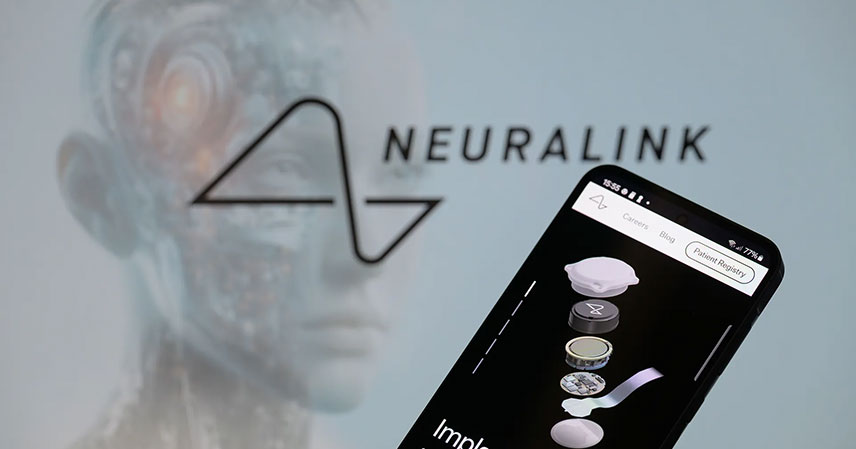Elon Musk’s Neuralink is a company built on turning science fiction into reality. However, it just ran into a wall built of something far more mundane but equally powerful: trademark law. The U.S. Patent and Trademark Office (USPTO) has officially denied Neuralink’s applications to trademark the terms “Telepathy” and “Telekinesis.” ⚖️
This decision isn’t a judgment on Neuralink’s groundbreaking technology but on its branding strategy. It highlights a fascinating clash between futuristic ambition and the long-standing rules of intellectual property.
Neuralink’s Ambitious Vision
For context, “Telepathy” is the name Neuralink has given to its first brain-computer interface (BCI) product. This device aims to allow users to control computers and mobile devices directly with their thoughts. The name is a perfect, evocative fit for a product that literally promises a form of technological telepathy. Similarly, “Telekinesis” was likely earmarked for future products related to controlling physical objects with the mind.
The USPTO’s Reality Check 🤔
So, why the denial? The USPTO’s reasoning is straightforward. The terms “telepathy” and “telekinesis” are considered too generic and descriptive. These words have been part of our common vocabulary and science fiction for over a century, describing the very concepts Neuralink aims to achieve.
Granting a trademark for “Telepathy” to one company would be like allowing a car manufacturer to trademark the word “Automobile.” It would prevent any other company in the burgeoning BCI field from using a common, descriptive term for their own mind-controlled technology, which would stifle competition.
A Clash of Branding and Law
This case is a powerful reminder that even the most futuristic companies must operate within existing legal frameworks. While “Telepathy” is a brilliant and marketable product name, it’s a poor candidate for a trademark for the very reason it’s so effective: it perfectly describes what the product does using a word everyone already understands.
Conclusion: Naming the Future
While this is undoubtedly a branding setback for Neuralink, it doesn’t slow down their technological progress. Ultimately, the decision is a fascinating case study on the challenges of naming the future. It underscores the complex relationship between government and the tech sector, a theme also seen in broader industrial policies like the US government’s potential stake in Intel. Even as technology leaps forward, the old rules of law and language still apply.
Source: Neuralink’s Bid to Trademark ‘Telepathy’ and ‘Telekinesis’ Faces Legal Issues



